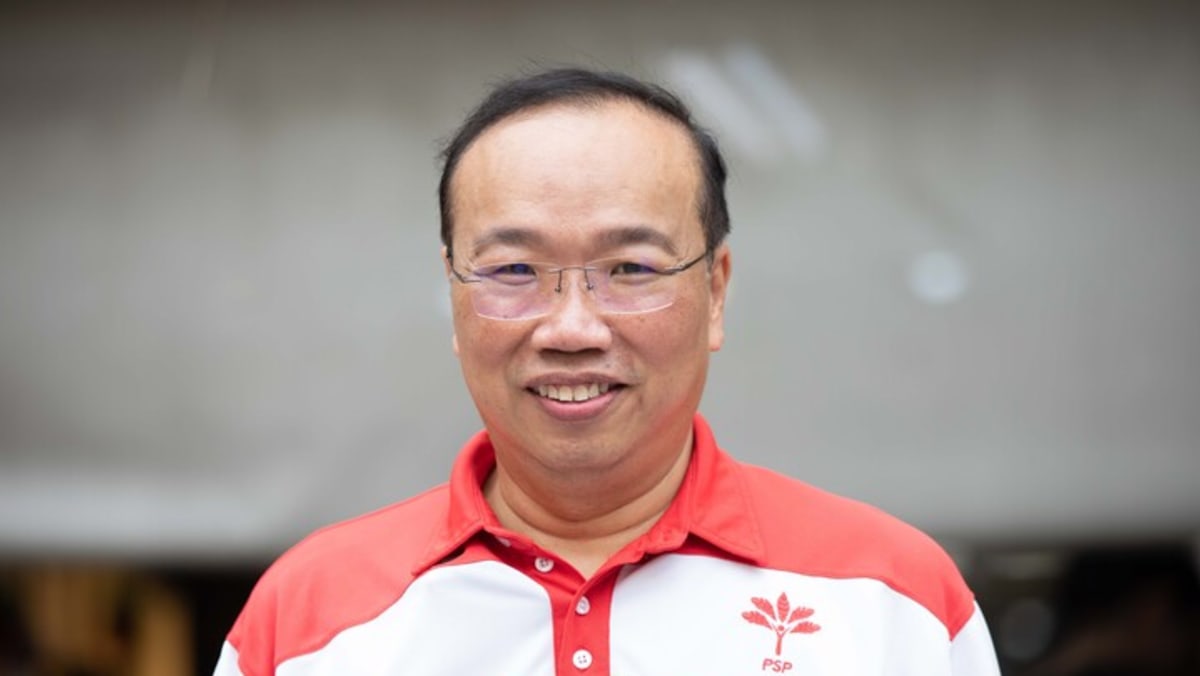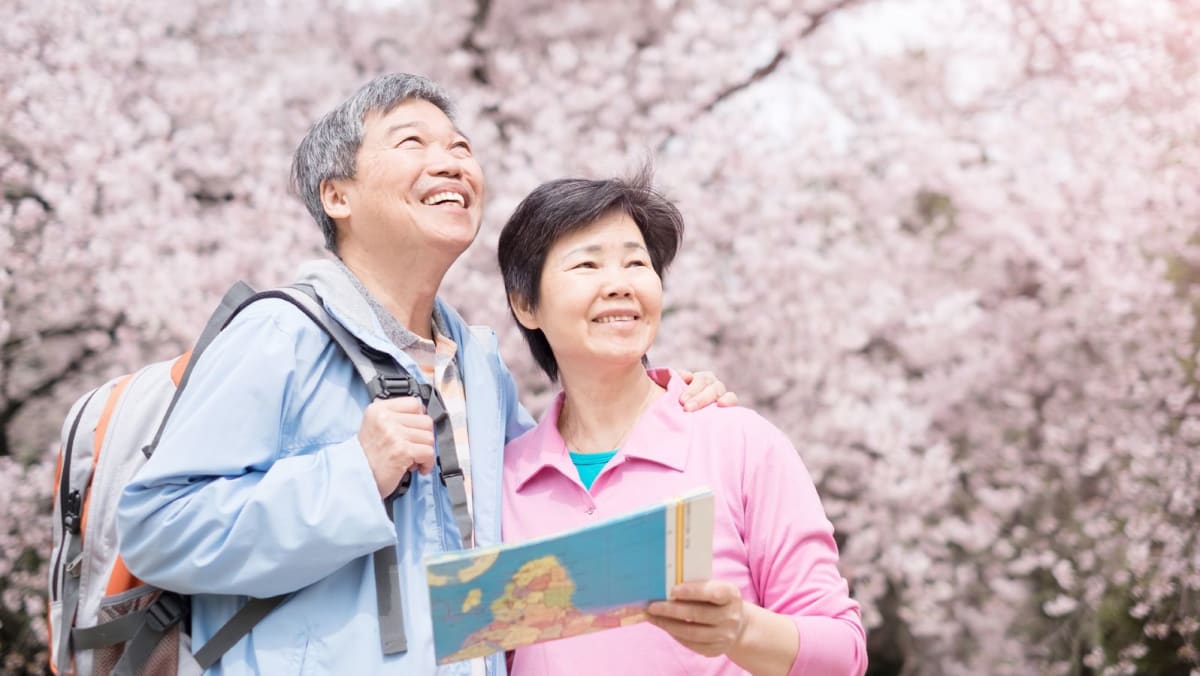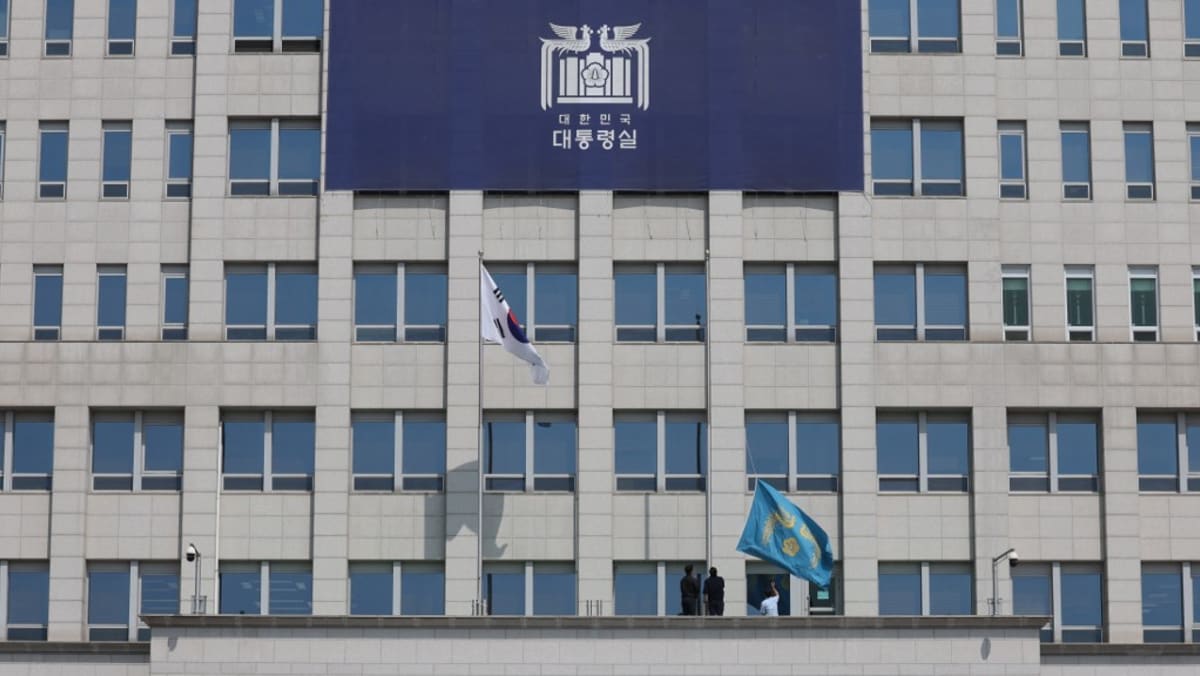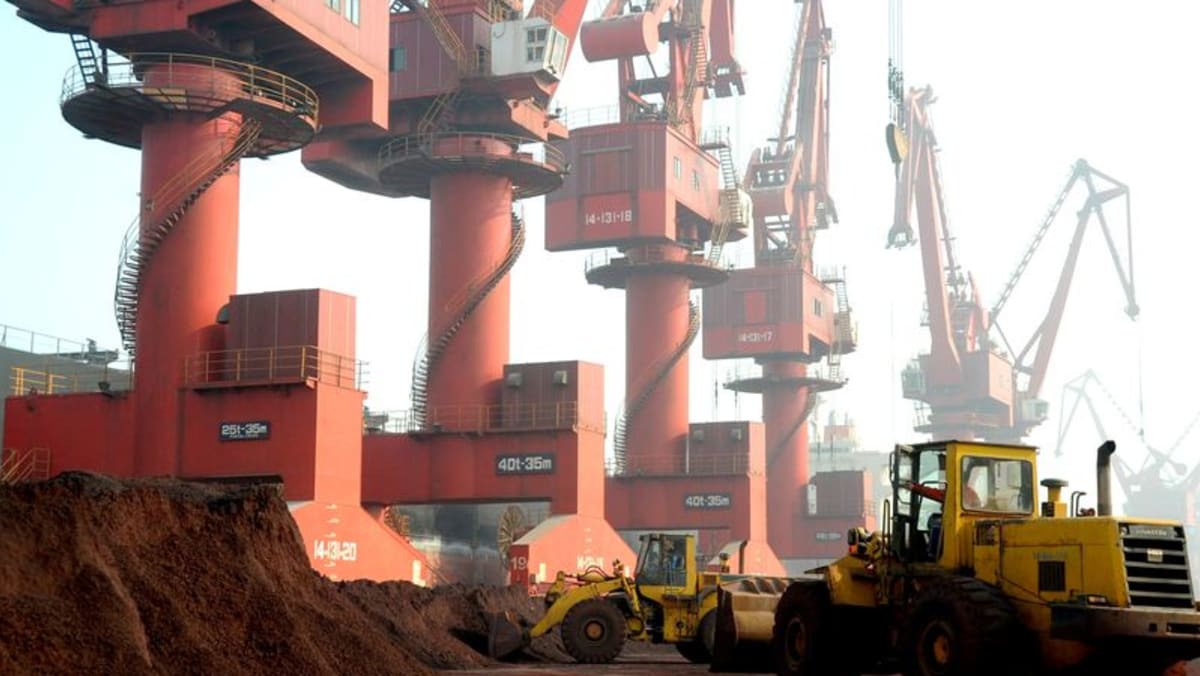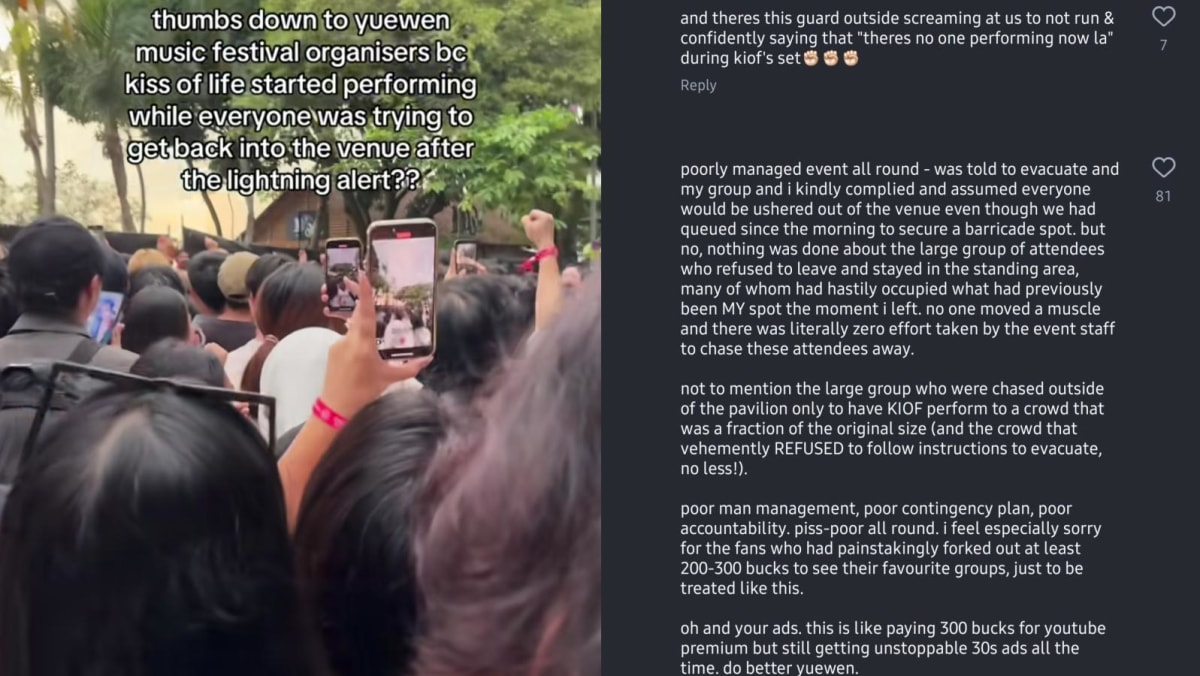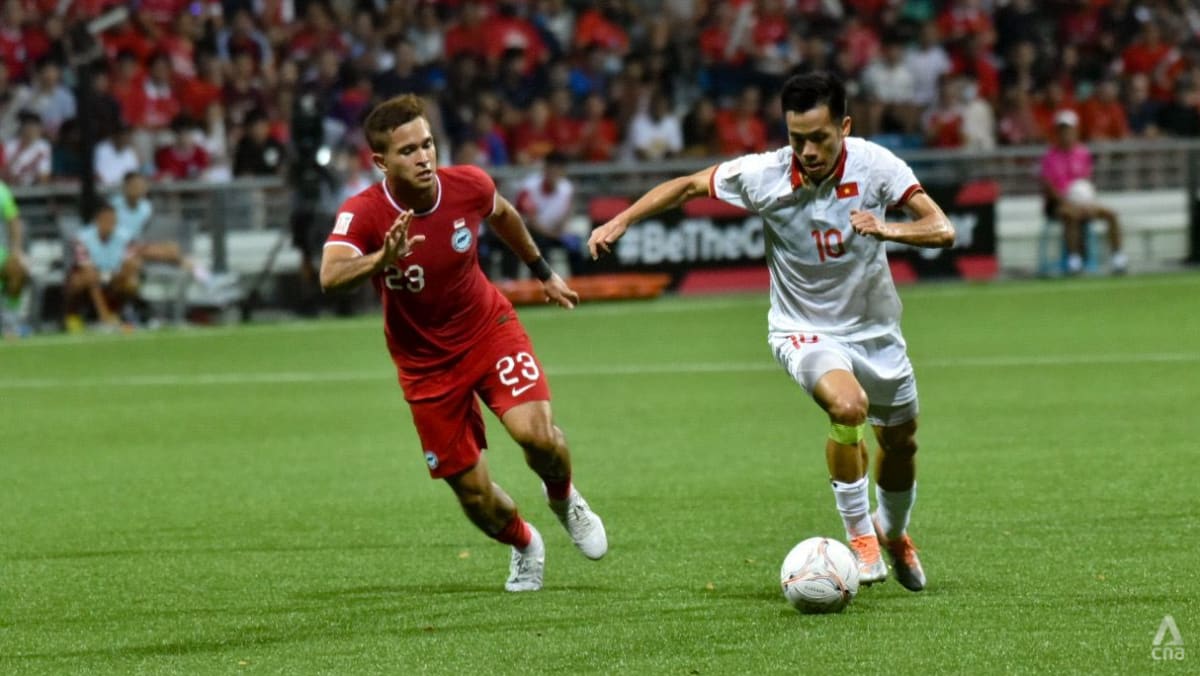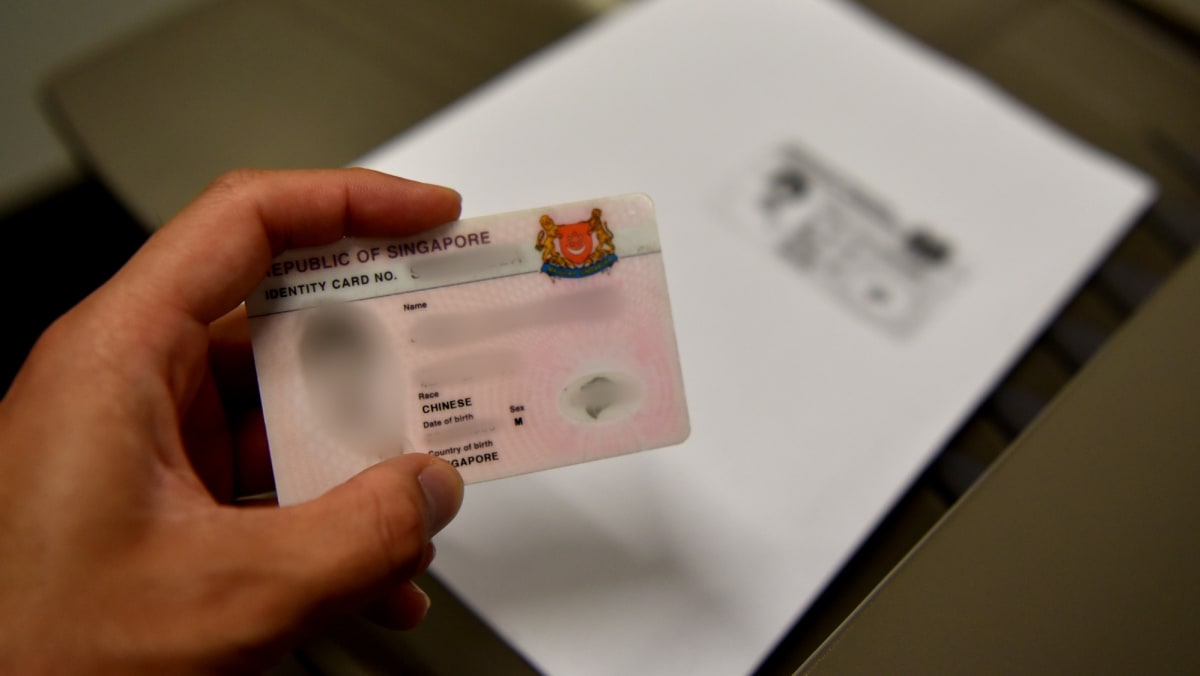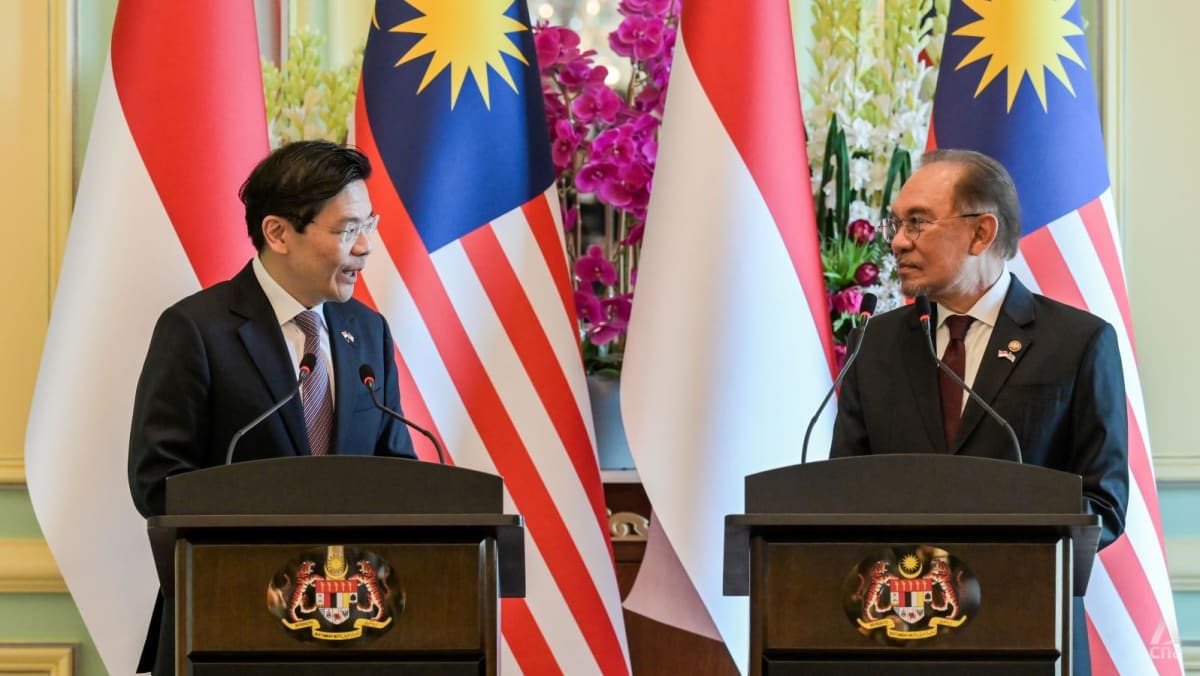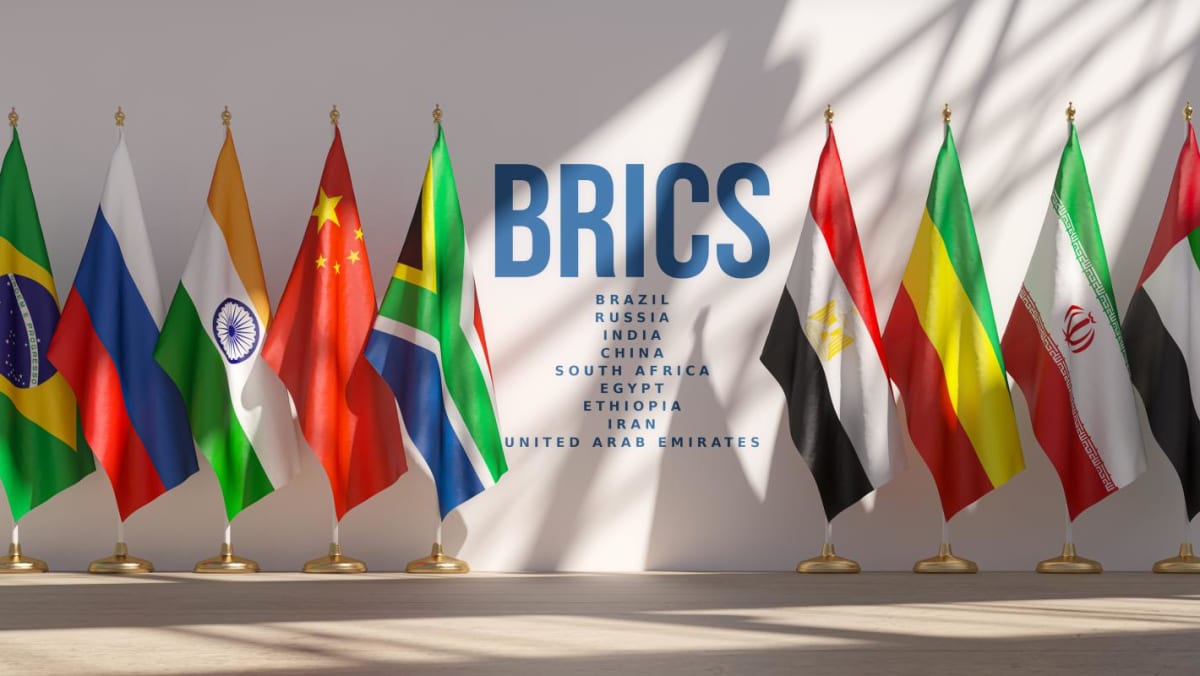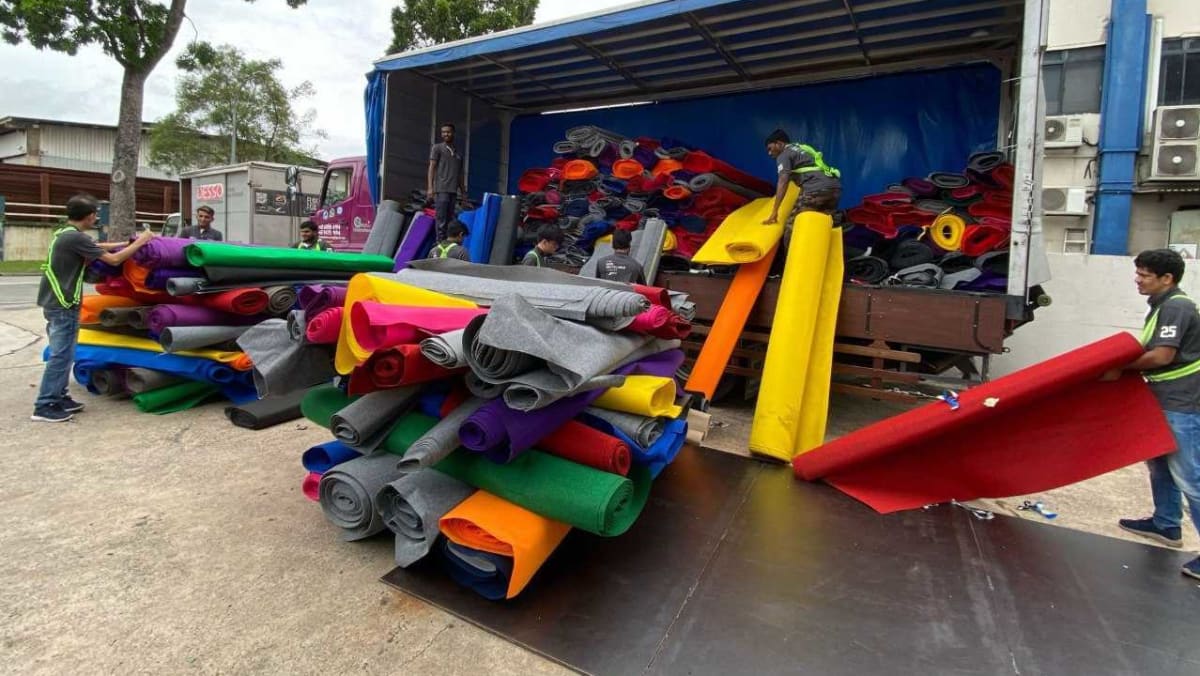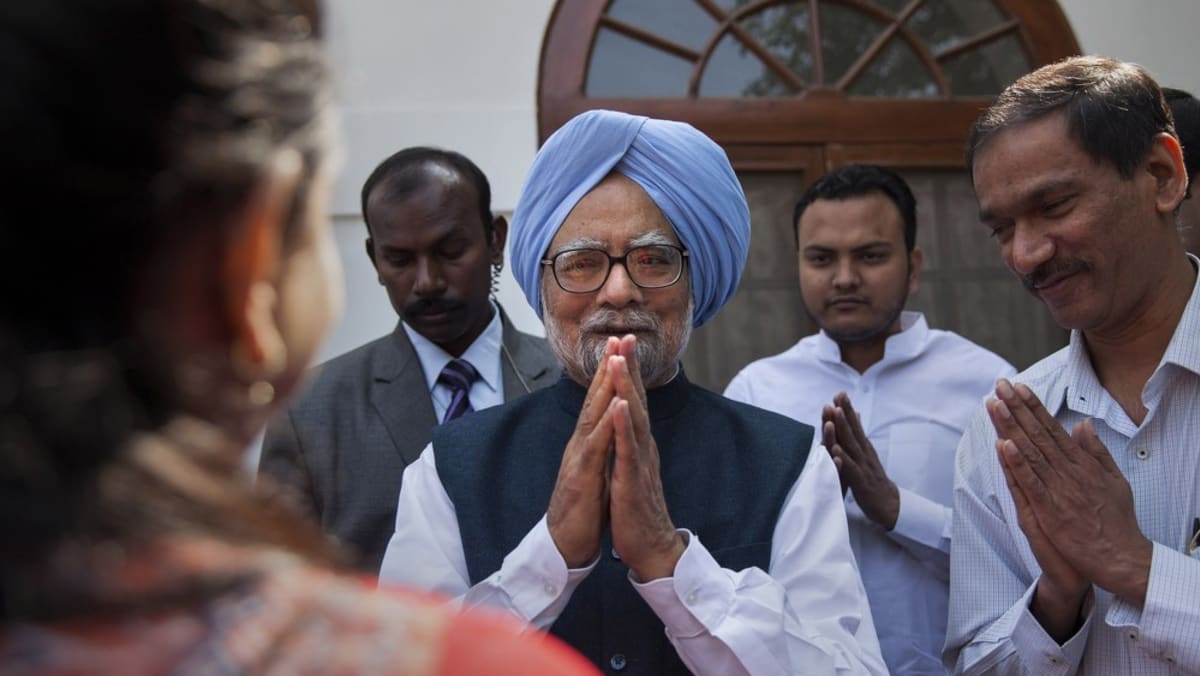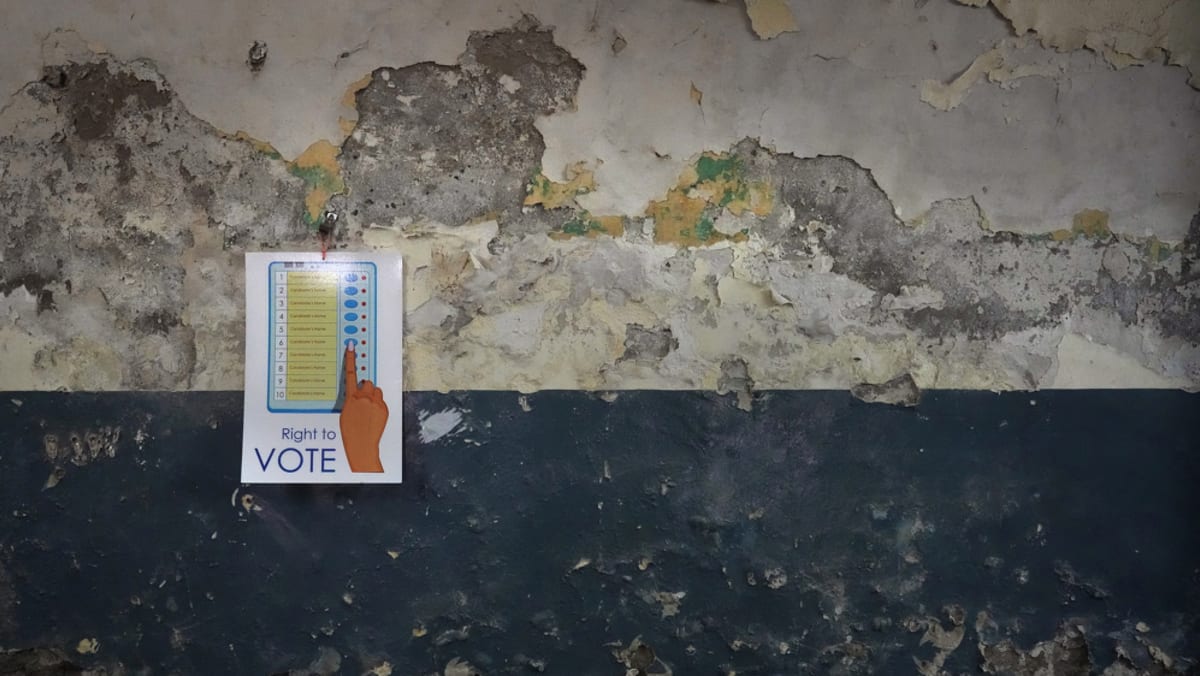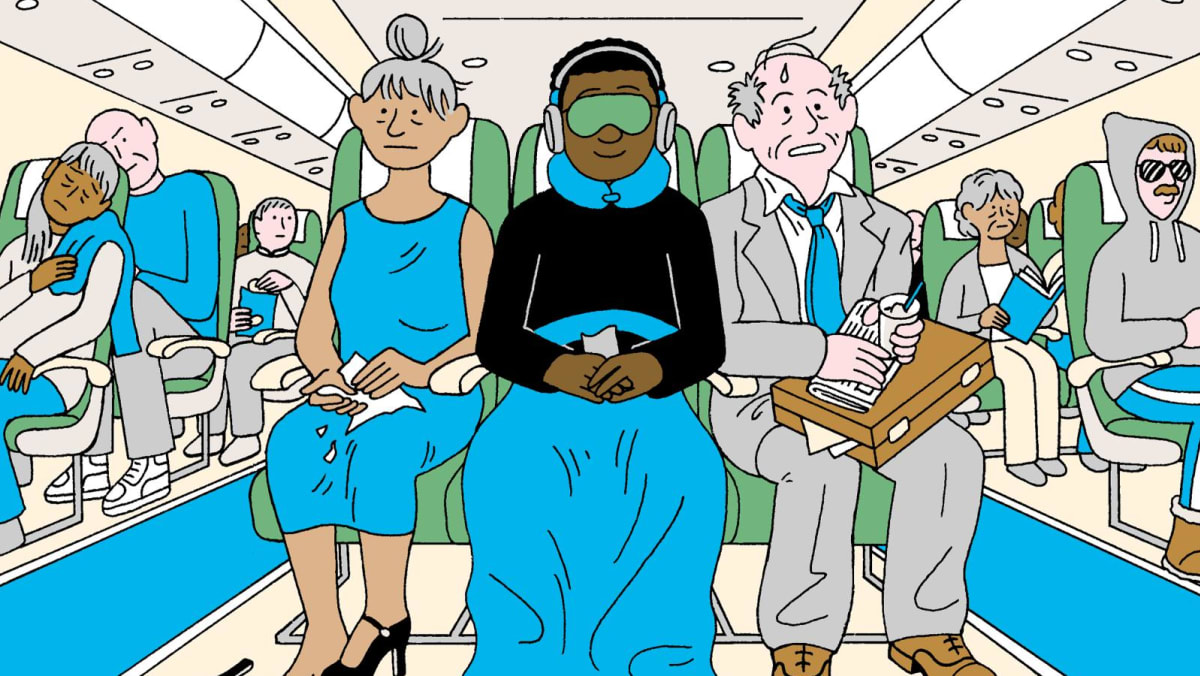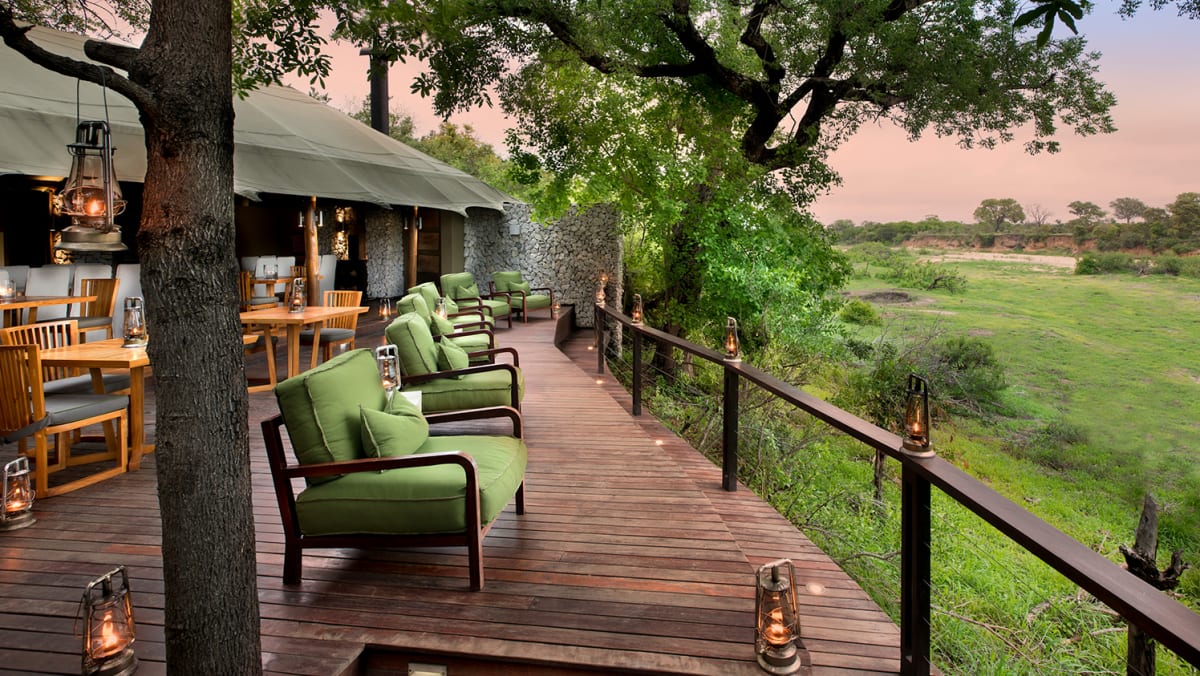As well as calling for more robust collaborative frameworks, Enrique Manalo also emphasised the significance of global and regional organisations such as the United Nations (UN) and ASEAN.
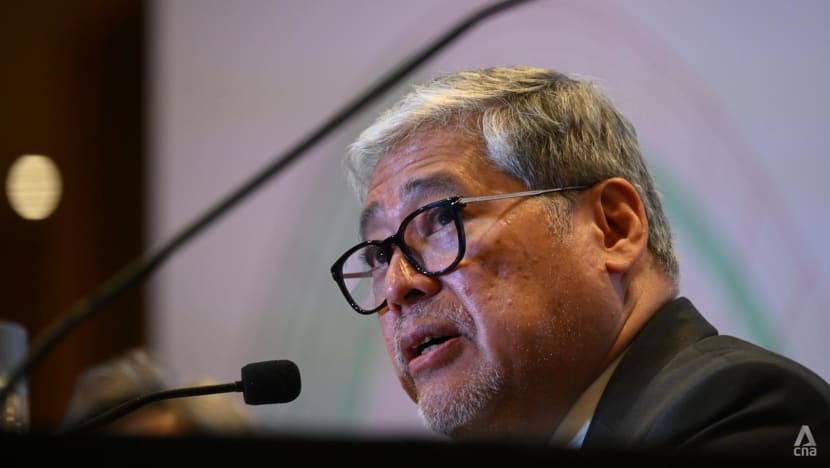 Philippine Secretary for Foreign Affairs Enrique Manalo addresses delegates at the ISEAS Regional Outlook Forum at Marina Bay Sands Expo on Jan 9, 2025. (Photo: CNA/Wallace Woon)
Philippine Secretary for Foreign Affairs Enrique Manalo addresses delegates at the ISEAS Regional Outlook Forum at Marina Bay Sands Expo on Jan 9, 2025. (Photo: CNA/Wallace Woon)
New: You can now listen to articles.

This audio is generated by an AI tool.
SINGAPORE: Securing peace in the Asia Pacific requires a “robust latticework” of cooperative mechanisms to navigate the challenges of a “distinctly different global landscape”, said the Philippines’ Secretary of Foreign Affairs Enrique Manalo on Thursday (Jan 9).
Despite the “enduring relevance” of regional blocs such as the Association of Southeast Asian Nations (ASEAN), at times of global unrest, establishing multilateral, regional, subregional and bilateral dialogues as well as partnerships outside the bloc is also possible, he said.
“There is no reason why other multilateral regional dialogues or initiatives complementary to ASEAN or involving ASEAN with others should not be explored,” Manalo said in his keynote speech at the ISEAS-Yusof Ishak Institute Regional Outlook Forum held at Marina Bay Sands convention centre in Singapore.
The global unrest Manalo was referring to was the ongoing conflict in Ukraine and the Middle East as well as the rivalry between US and China.
In his keynote address titled “Can The Spirit of Cooperation Shine Through Turbulent Times?”, he emphasised the need to facilitate economic growth by investing in human capital, configuring more resilient and integrated supply chains and strengthening connectivity.
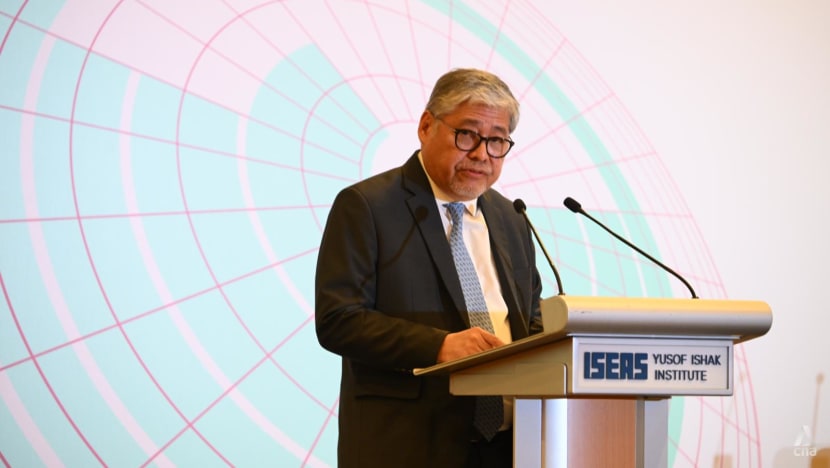 Philippine Secretary for Foreign Affairs Enrique Manalo delivers the keynote address during the ISEAS Regional Outlook Forum at Marina Bay Sands Expo on Jan 9, 2025. (Photo: CNA/Wallace Woon)
Philippine Secretary for Foreign Affairs Enrique Manalo delivers the keynote address during the ISEAS Regional Outlook Forum at Marina Bay Sands Expo on Jan 9, 2025. (Photo: CNA/Wallace Woon)
Manalo also cited the emergence of new modes of cooperation, as states beyond the global superpowers are actively shaping the regional and global agenda to find solutions in light of their respective realities.
“A wave of South-South cooperation has flourished in the past decade by states of similar development tracks to address shared policy challenges,” the 72-year-old seasoned diplomat from the Philippines said.
“India, Thailand, Indonesia, Malaysia and the Philippines, among others, have established new development cooperation models outside the funding streams of the West,” he elaborated.
In November 2022, a Memorandum of Understanding (MOU) on Cooperation in Regional Payment Connectivity (RPC) was signed between the Philippines, Singapore, Malaysia and Thailand and Indonesia to strengthen and enhance collaboration on payment connectivity through the development of more efficient and inclusive cross-border payments.
In April 2024, Brunei and Laos became the latest countries to join the cooperation after Vietnam joined in 2023, bringing the total number of countries to eight.
Manalo highlighted the Philippine-Pacific Health Initiative between the Philippines government and the Pacific island countries as another example of promising multilateral cooperation.
Launched in November 2024, the initiative aimed to ensure “sustainable health resources” through addressing health workforce shortages in the region.
The Philippines is optimistic that its ties with the incoming US president Donald Trump will be maintained, despite concerns about Mr Trump’s transactional approach to alliances. In an exclusive interview with CNA, Philippine Foreign Affairs Secretary Enrique Manalo addressed the Philippines’ maritime disputes with China. Last year, clashes in the South China Sea between both sides resulted in a Philippine Navy sailor losing his thumb. CNA ASEAN correspondent Leong Wai Kit asked Mr Manalo about his concerns regarding these tensions, which could potentially escalate beyond physical injuries.
As well as calling for more robust collaborative frameworks, Manalo also emphasised the significance of global and regional organisations such as the United Nations (UN) and ASEAN.
Even as it strains under the weight of geopolitical tensions, “the UN is at the heart of global cooperation,” he said.
“Many see the UN as an imperfect vessel for the human community as we navigate through the crisis of our times, but without the UN, the atrocities would be far more devastating.”
Meanwhile, at the regional stage, ASEAN symbolises the “triumph of the will of states for peace and cooperation”.
ASEAN’s constructive and inclusive approaches, together with the depth and breadth of its dialogue partnerships, continue to promote various types of cooperation and dialogue among its members and with external partners through platforms such as the ASEAN Regional Forum established in 1994 and the East Asia Summit in 2005.
“If ASEAN is stronger than it was created in 1967, and it is undoubtedly stronger, then it is more than ever in a position to drive more dialogue and cooperation in Asia,” Manalo said at the annual forum attended by over 300 people.
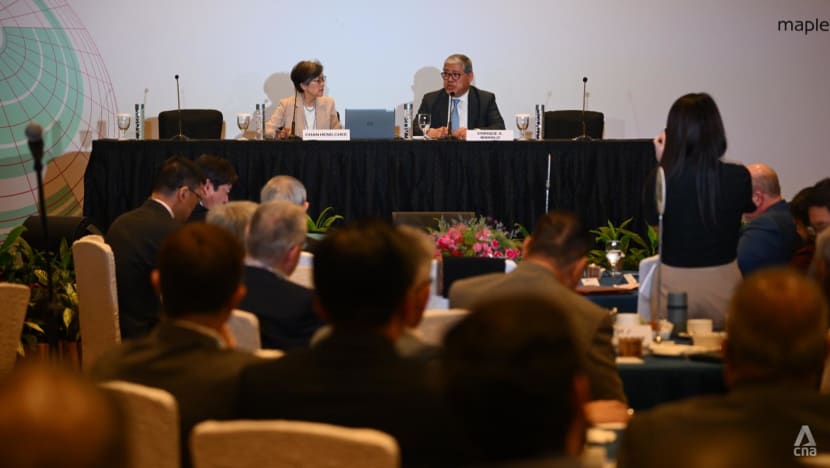 Philippine Secretary for Foreign Affairs Enrique Manalo responds to questions during a Q&A session at the ISEAS Regional Outlook Forum at Marina Bay Sands Expo on Jan 9, 2025. (Photo: CNA/Wallace Woon)
Philippine Secretary for Foreign Affairs Enrique Manalo responds to questions during a Q&A session at the ISEAS Regional Outlook Forum at Marina Bay Sands Expo on Jan 9, 2025. (Photo: CNA/Wallace Woon)
ENHANCING MARITIME COOPERATION
An area of critical importance in enhancing cooperation within Asia Pacific, Manalo said, is the governance of global commons, in particular the region’s maritime commons.
“Our seas and oceans connect our nations as a lifeline … for the well-being of our economies and the future of millions of our coastal communities,” he said, adding that the governing of maritime commons is key in maintaining peace in the region.
He called for ASEAN states and China to “persevere” in delivering a credible and effective code of conduct for the South China Sea, in light of the continuing disputes and tensions surrounding the disputed waters as well as its global significance in international trade and commerce.
“Actions against the lawful pursuits of countries such as the Philippines in our exclusive economic zone in the South China Sea which are in accordance with (the United Nations Convention on the Law of the Sea) UNCLOS and Arbitral Award 2016 have added even more urgency to the issue of ongoing maritime cooperation,” Manalo said.
He also cited maritime cooperation initiatives which have emerged through joint exercises involving a number of states that have affirmed the “sense of responsibility” in achieving regional peace and security.
The Philippines in 2016 pursued a Trilateral Cooperative Arrangement with Indonesia and Malaysia to address maritime security threats in the Sulu and Sulawesi Seas, through launching regular patrols, intelligence sharing and Maritime Coordinating Centres in the three countries.
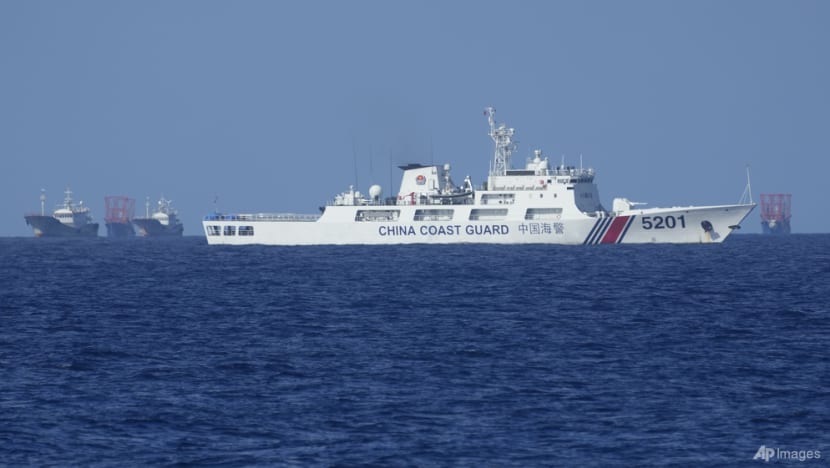 A Chinese coast guard vessel stays beside suspected Chinese militia ships near Thitu island, locally called Pag-asa island on Nov 6, 2024. (File photo: AP/Aaron Favila)
A Chinese coast guard vessel stays beside suspected Chinese militia ships near Thitu island, locally called Pag-asa island on Nov 6, 2024. (File photo: AP/Aaron Favila)
CODE OF CONDUCT ON THE SOUTH CHINA SEA
ASEAN states and China are currently engaged in negotiations on the South China Sea Code of Conduct which was launched in draft form as a basis for negotiation in 2018.
Last year, Philippines President Ferdinand Marcos Jr signed two new laws - the Maritime Zones Act and the Archipelagic Sea Lanes Act - to strengthen his country’s maritime claims and bolster its territorial integrity, which China objected to.
Responding to a question on whether the Code of Conduct, once finalised, will be effective for the Philippines to navigate through its ongoing territorial dispute with China, Manalo said that it “depends on the outcome of the conduct”.
“There are still basic, fundamental questions that have not yet been fully addressed … What is the scope? What is the relationship of the code to UNCLOS and what is (the code’s) relationship with external parties?” he elaborated further.
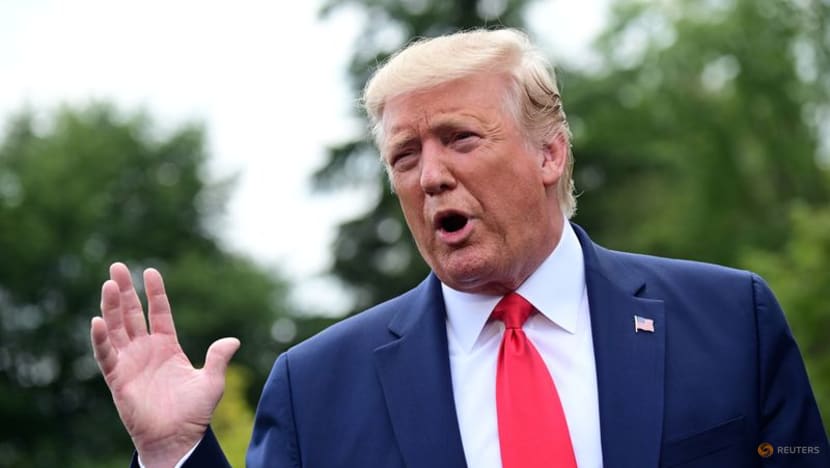 US President-elect Donald Trump speaks to reporters at the White House during his first term as president in 2019. (Photo: Reuters/Erin Scott)
US President-elect Donald Trump speaks to reporters at the White House during his first term as president in 2019. (Photo: Reuters/Erin Scott)
TRUMP PRESIDENCY
Speaking on his country’s future relations with Washington in light of Donald Trump’s upcoming second presidential term, Manalo appeared to be hopeful, noting that Manila had experience working with Trump during his first presidential term which, according to him, “went well”.
“President Marcos and Trump had a good discussion over the phone and they both reaffirmed the importance of our ties,” he added, citing the mutual defence treaty between the two countries which has been established for almost 80 years.
When asked whether Trump’s return to office might potentially complicate tensions with regards to Taiwan between the US and China, Manalo reiterated the Philippines’ position that it should be resolved through “peaceful means”.
“We have hundreds of thousands of Filipinos living and working in Taiwan so we would be directly affected,” he added.


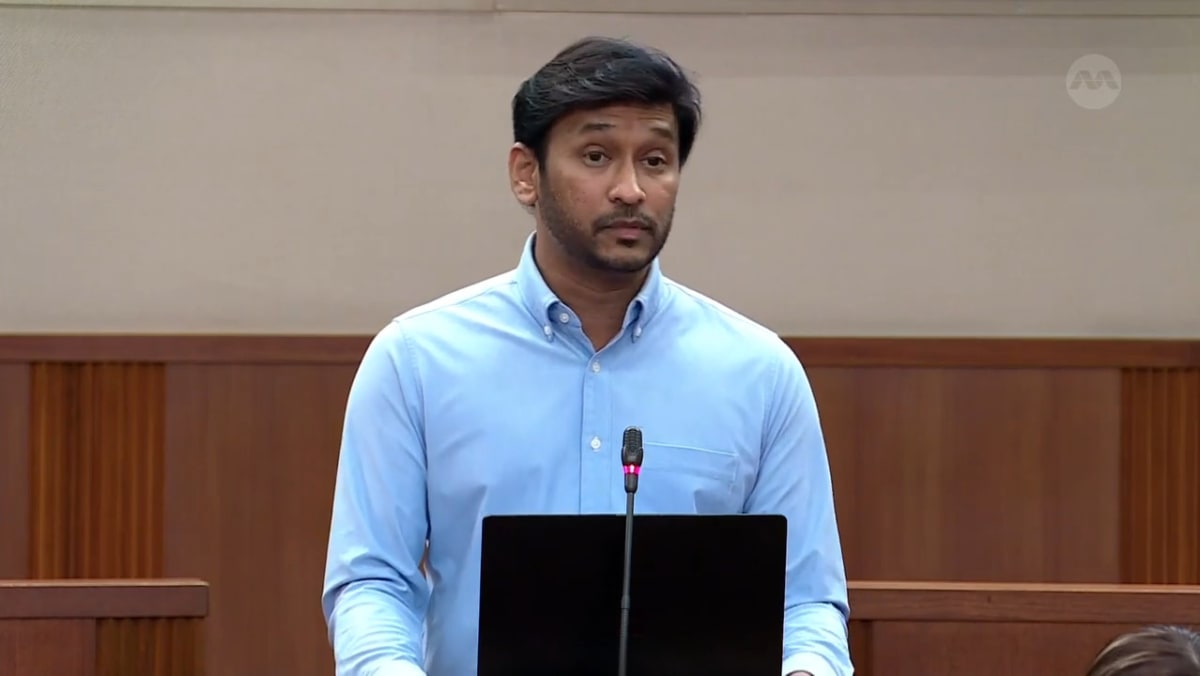
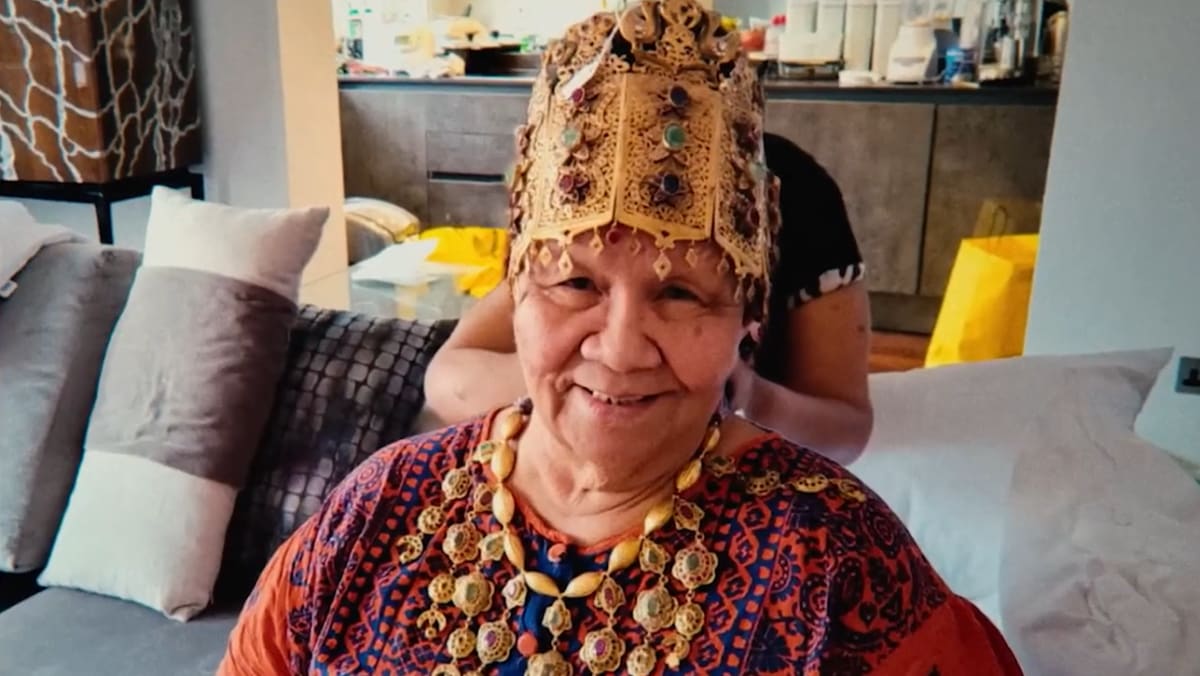
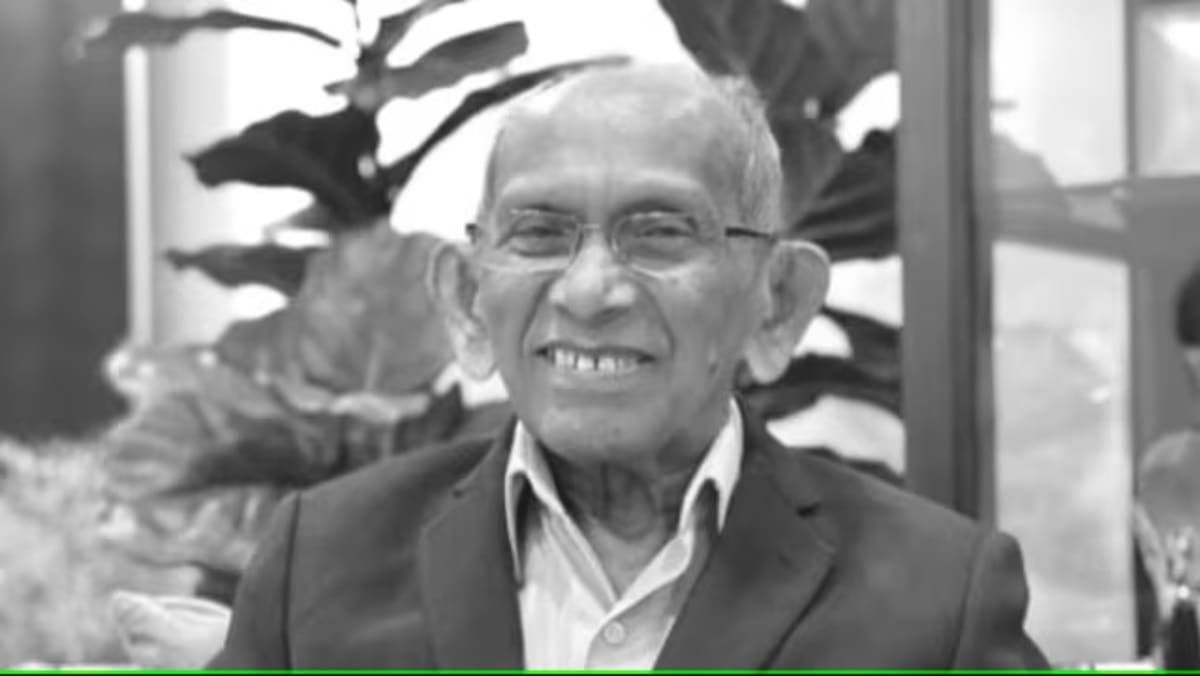
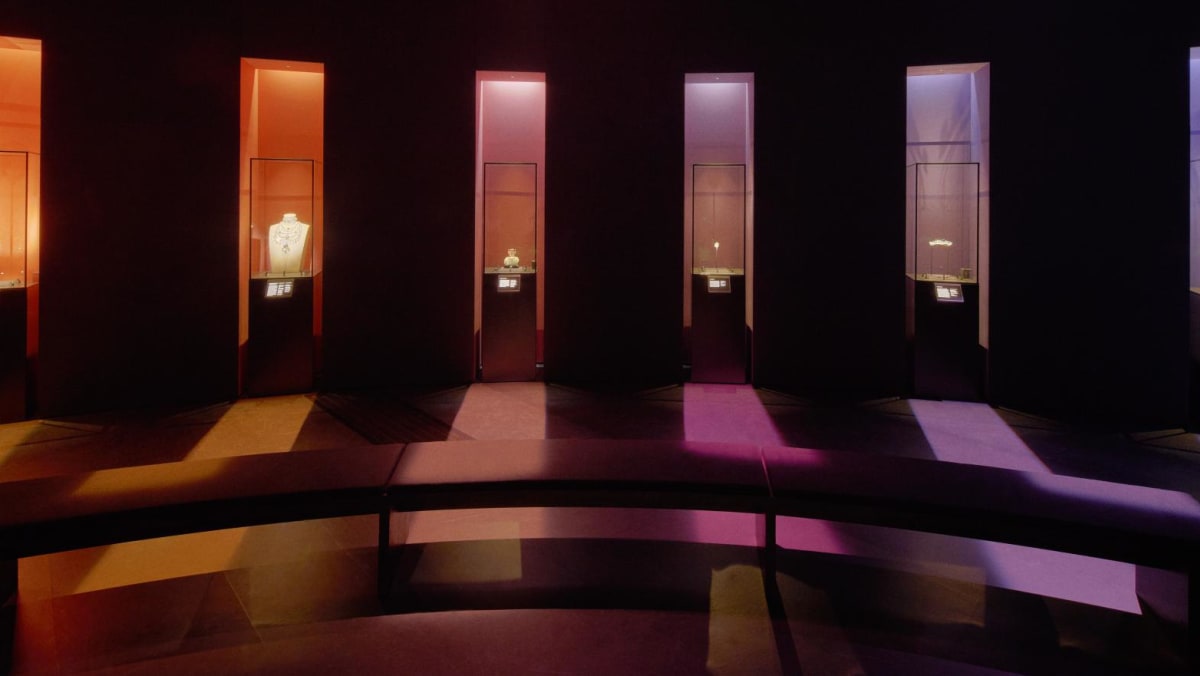
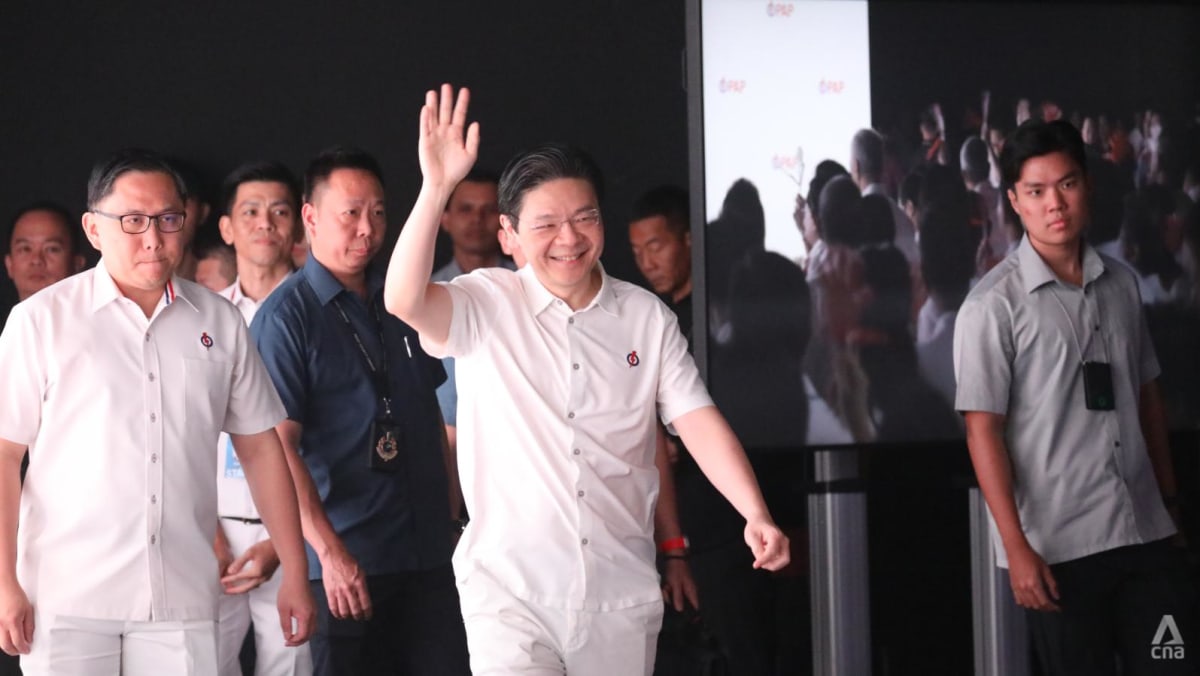
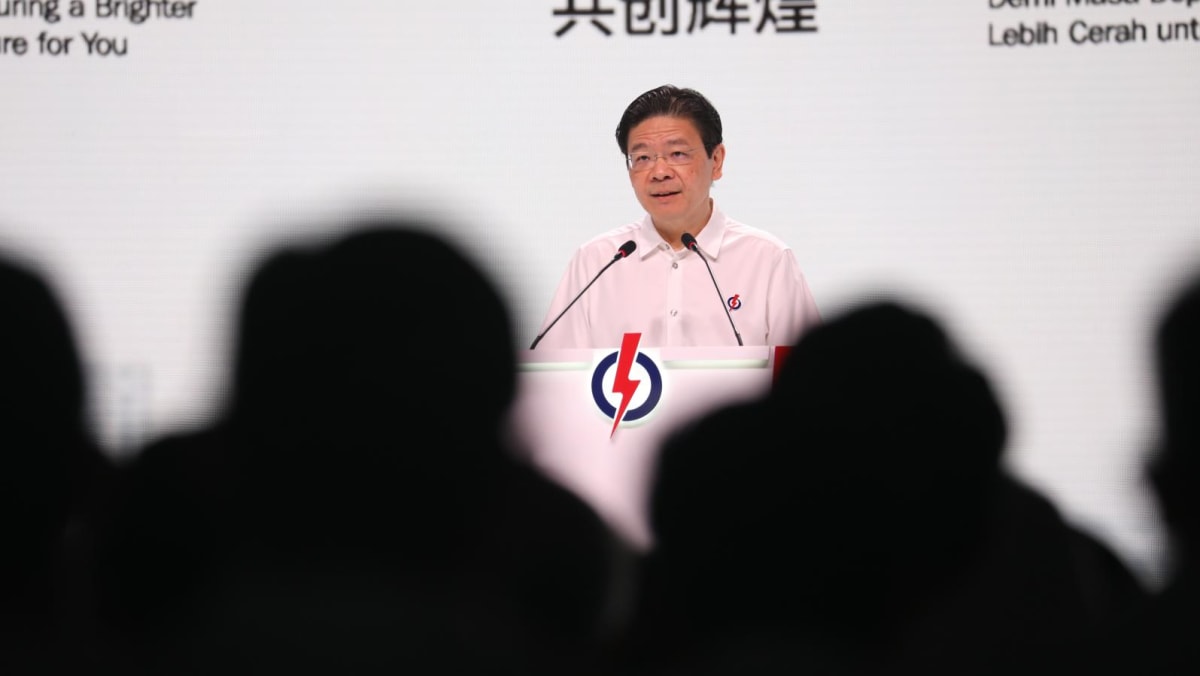
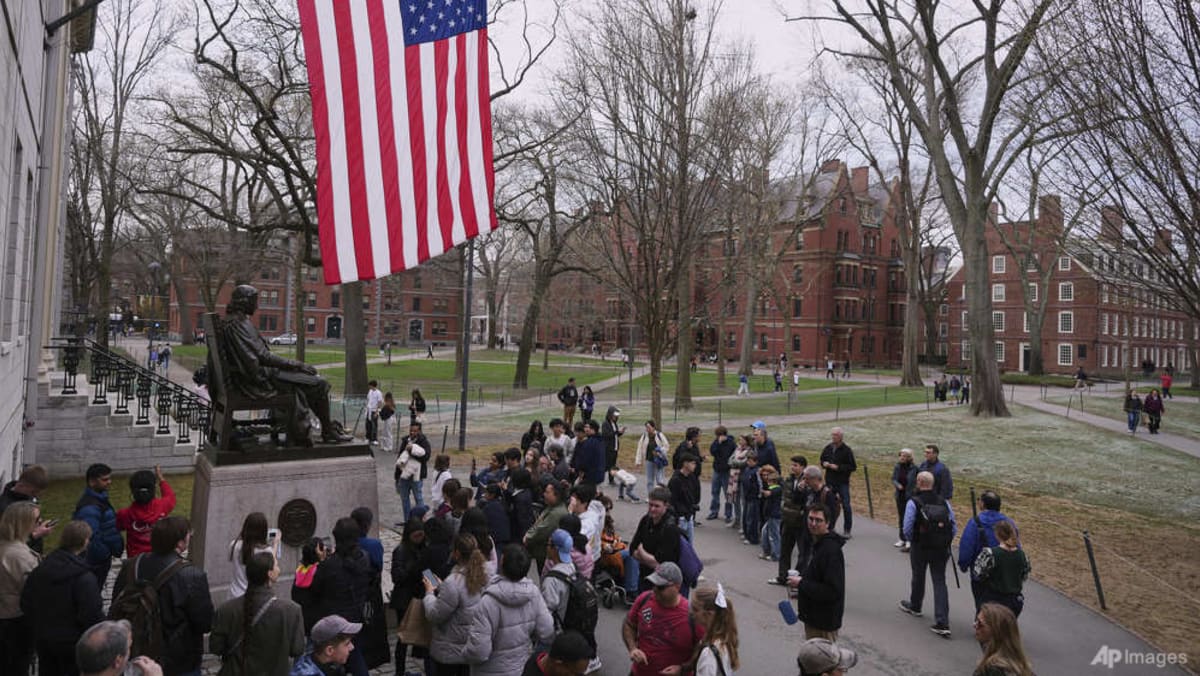
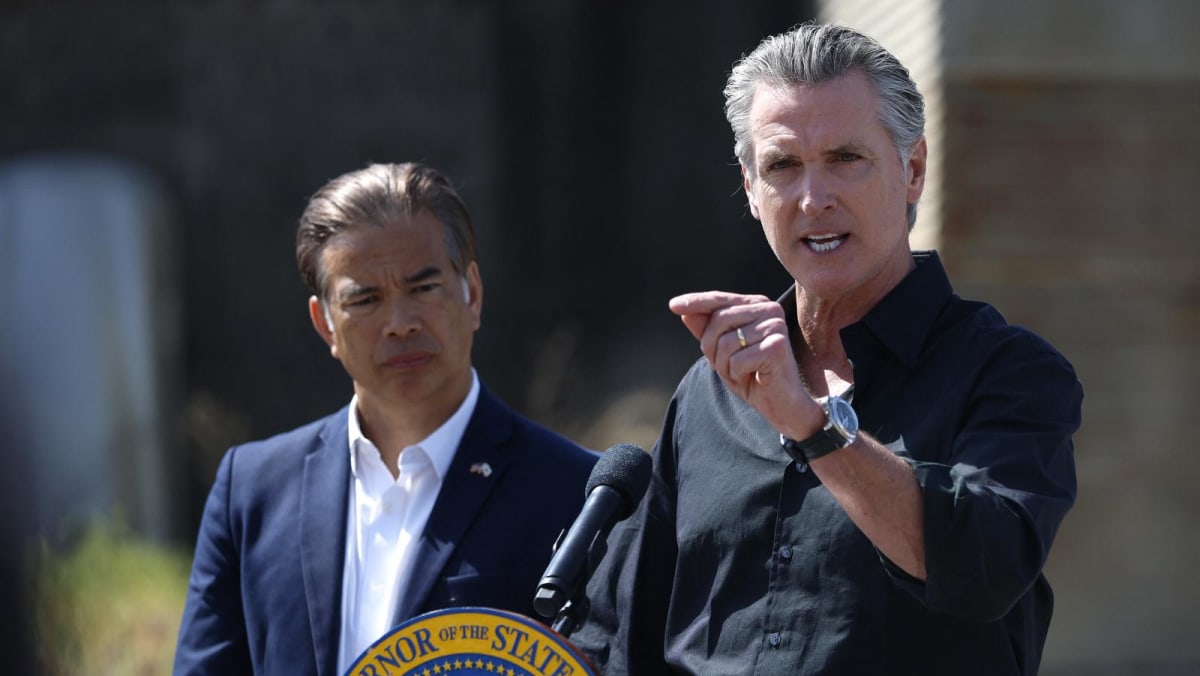
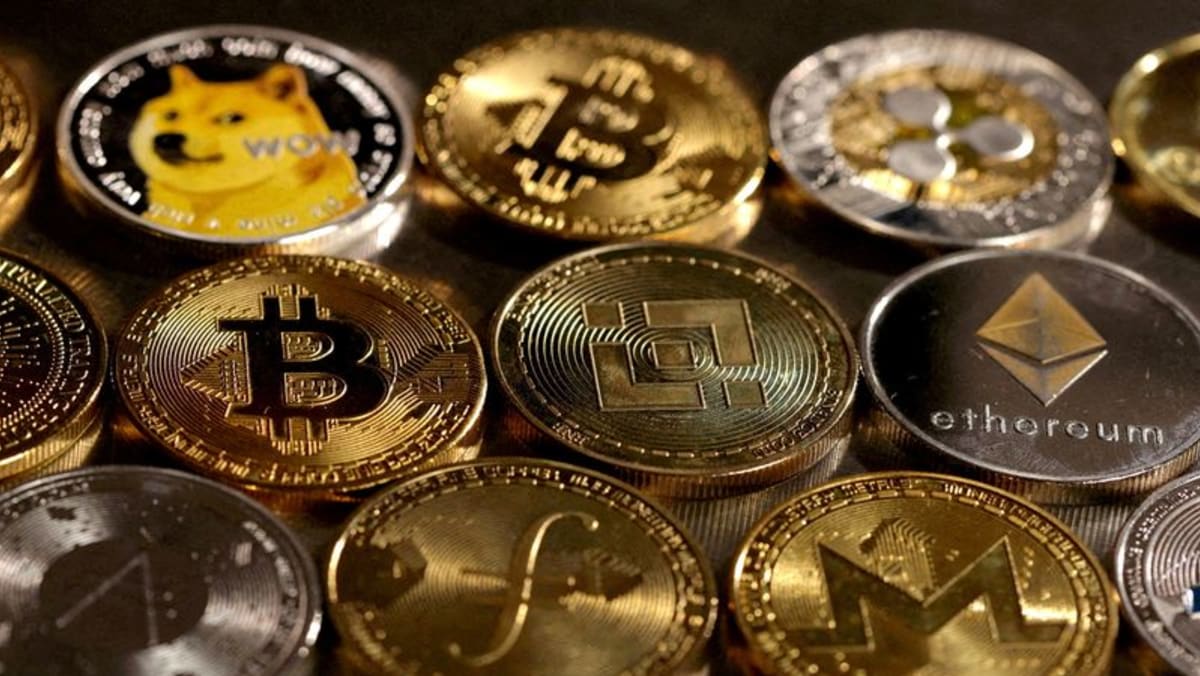
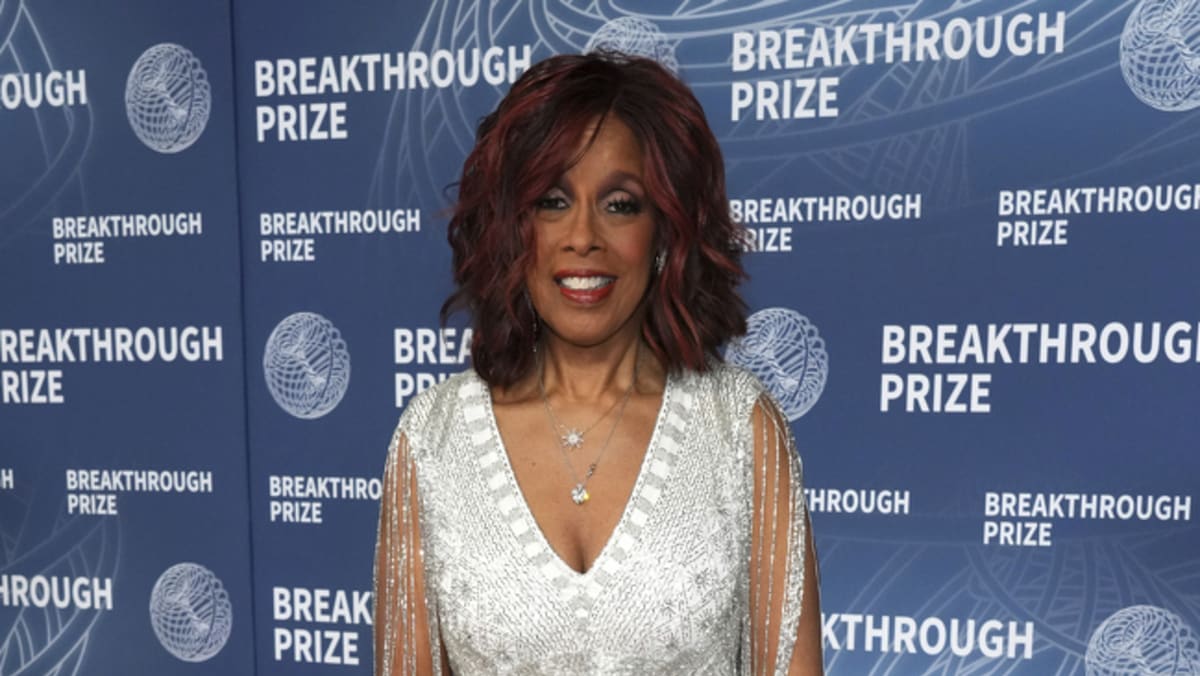
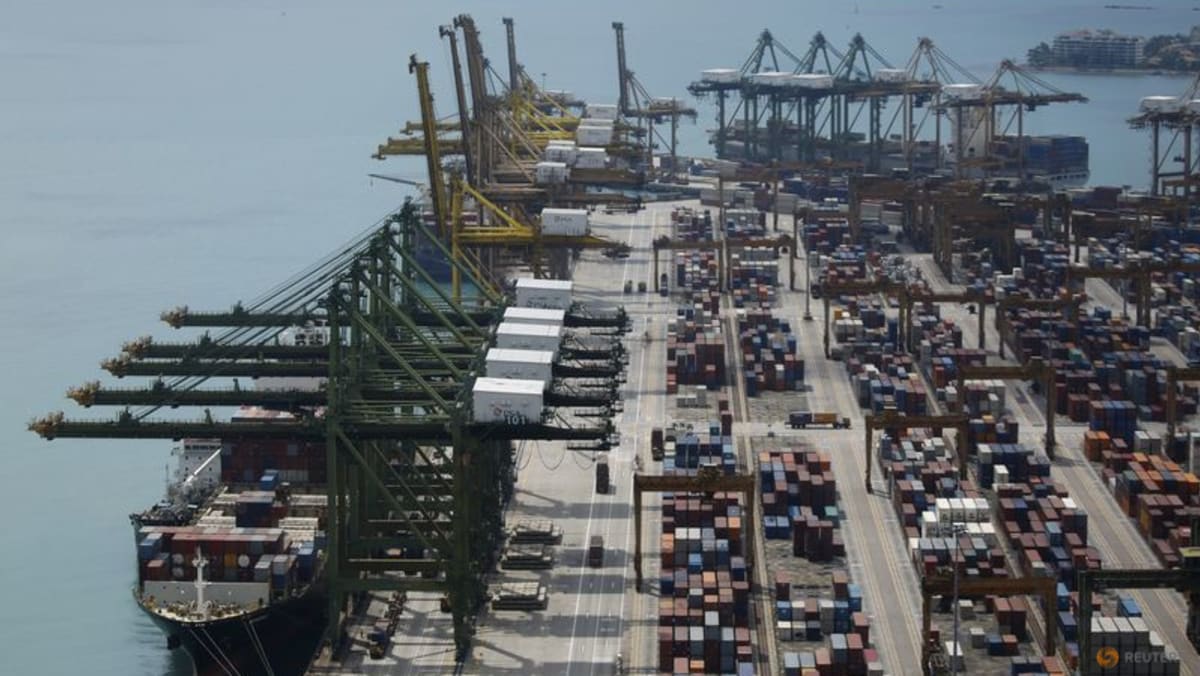
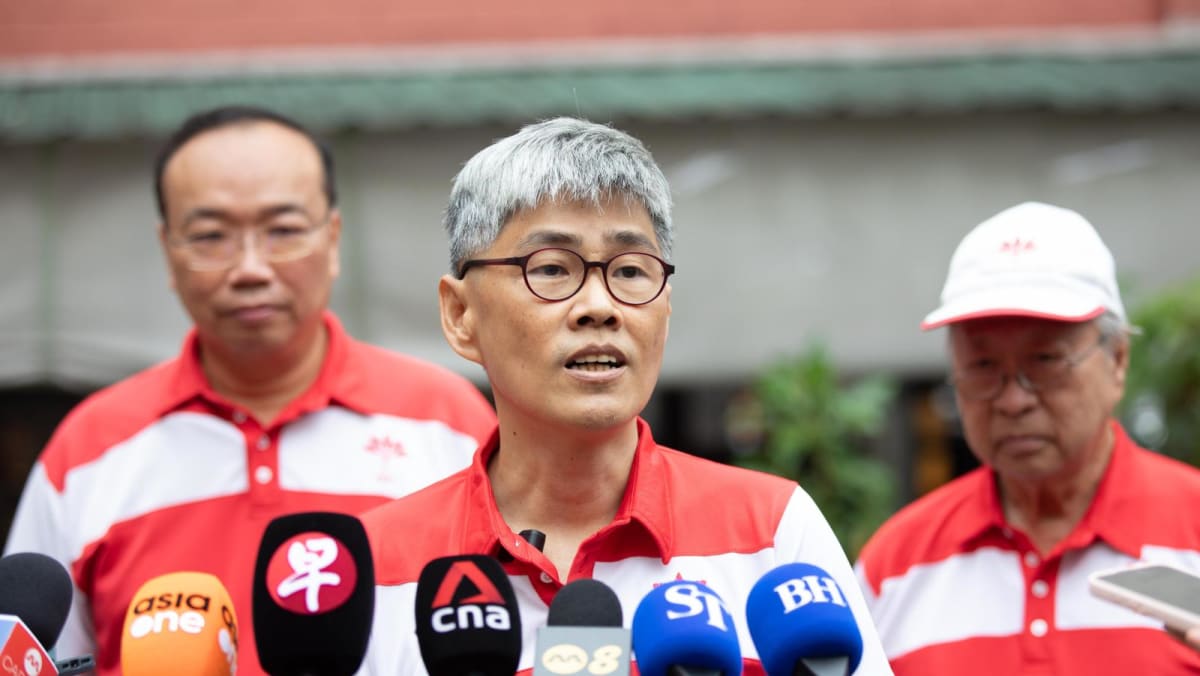
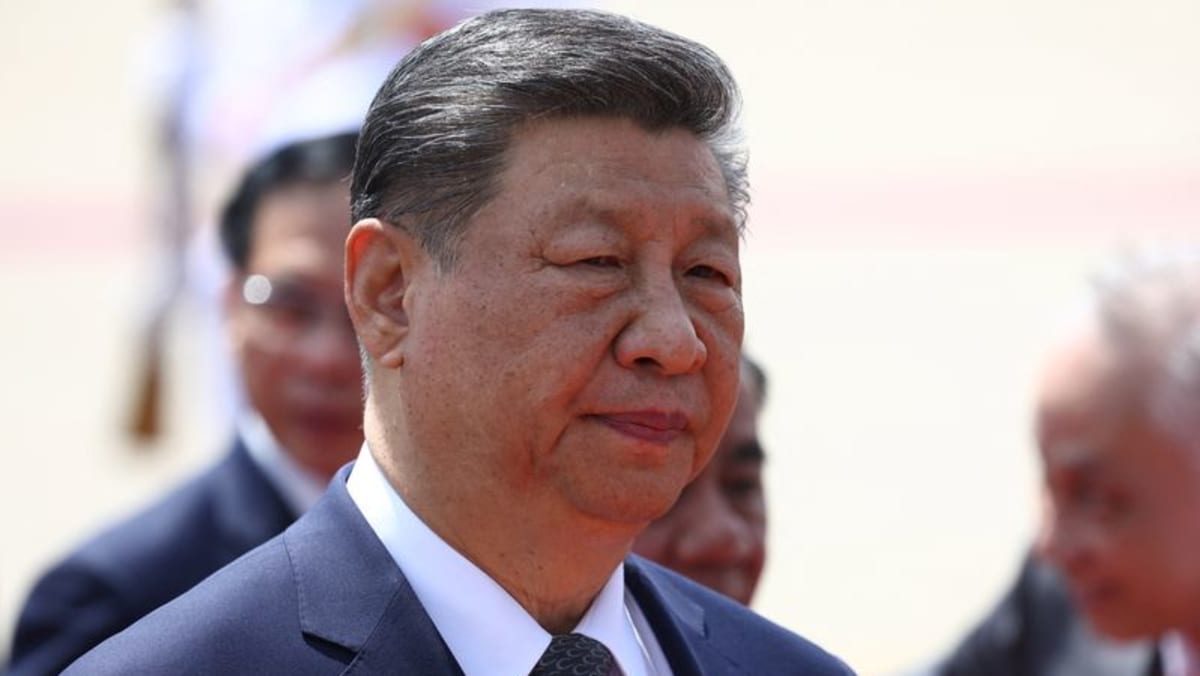
.png?itok=erLSagvf)
